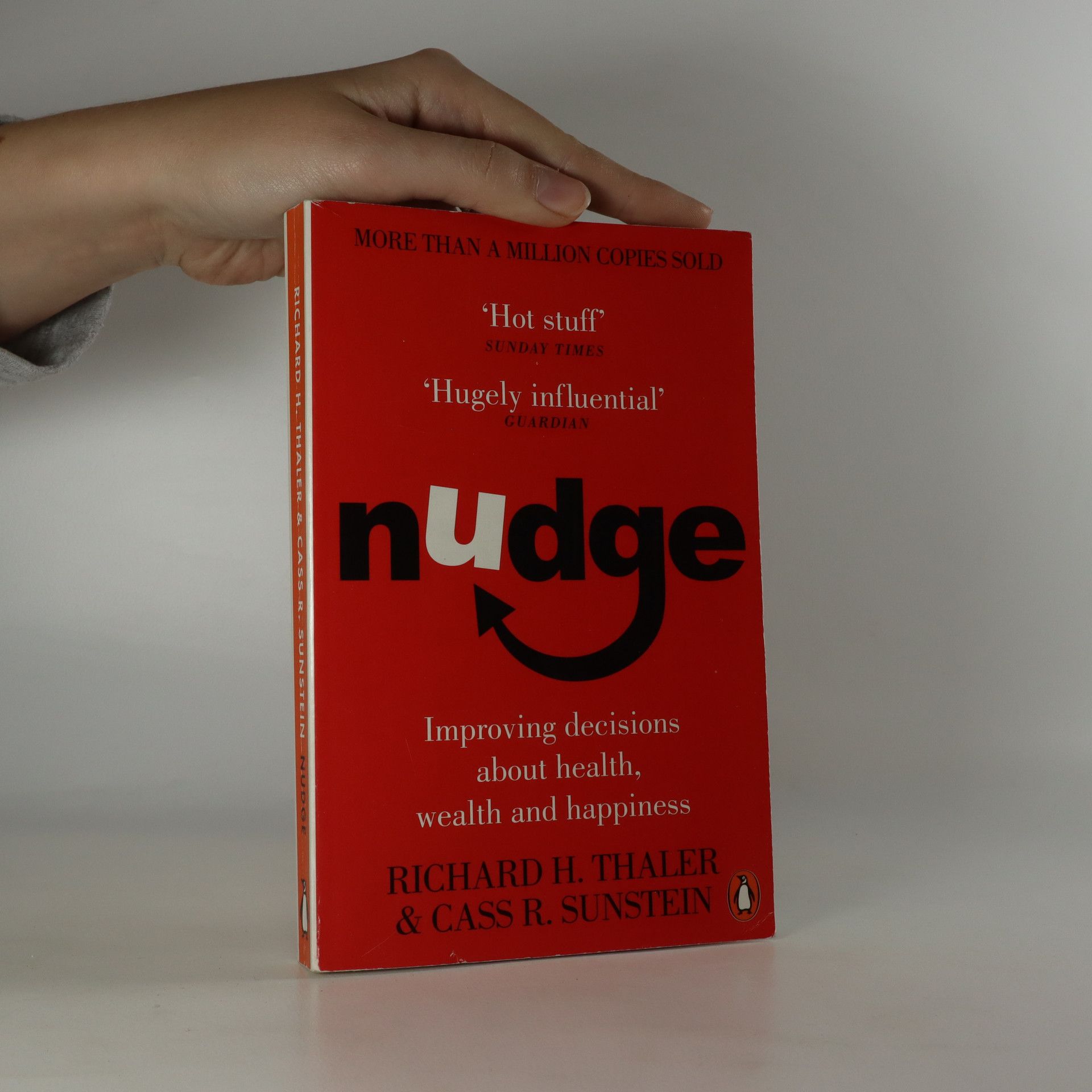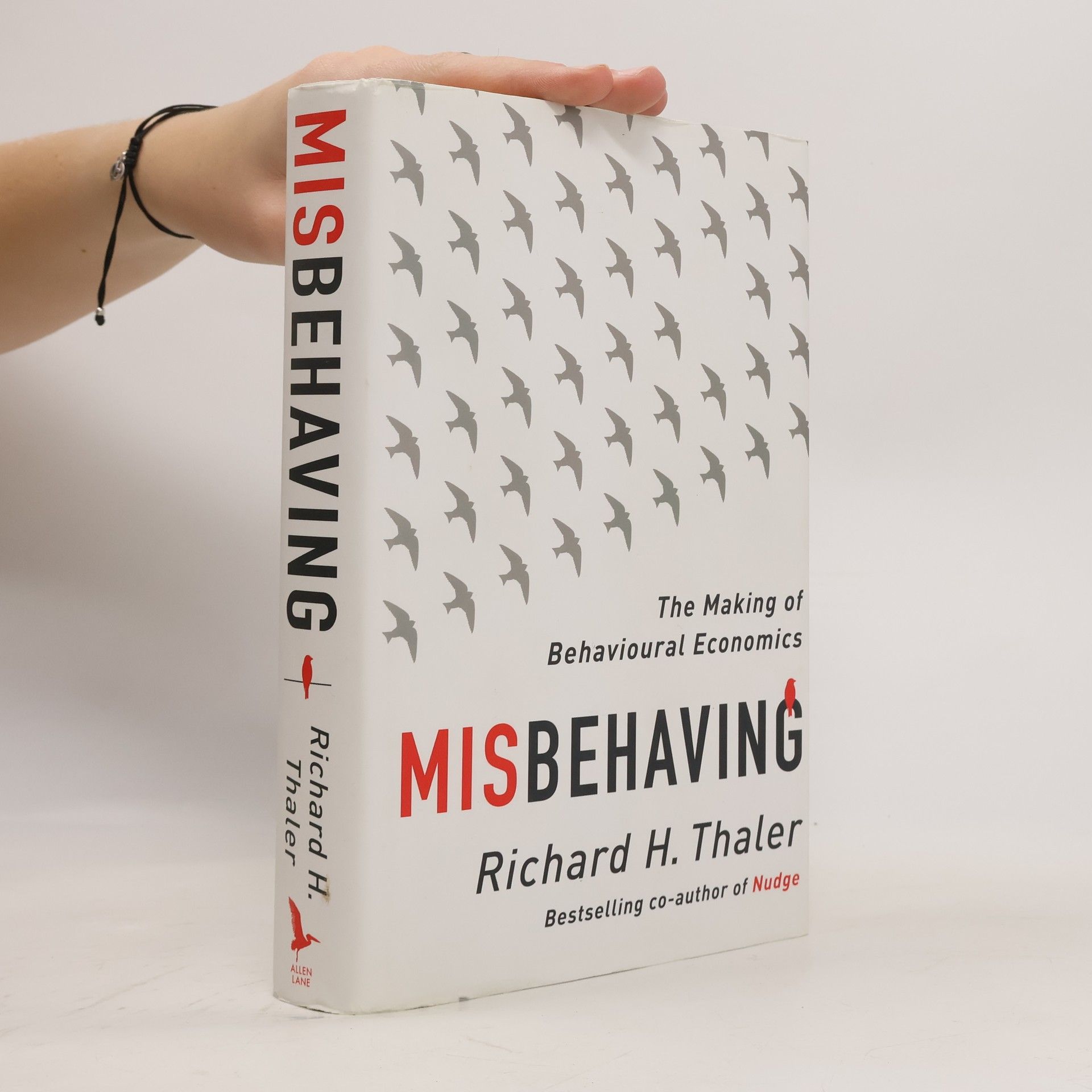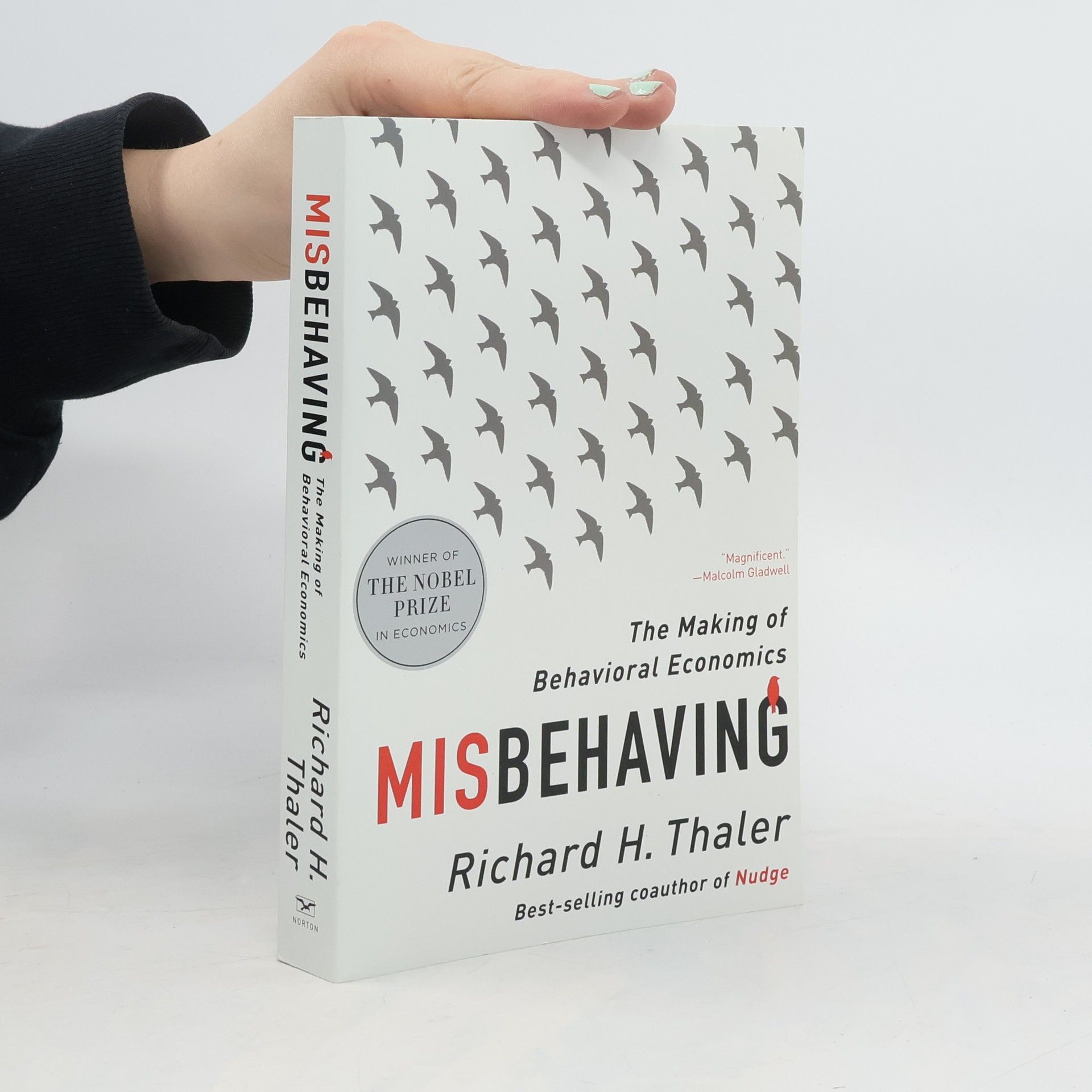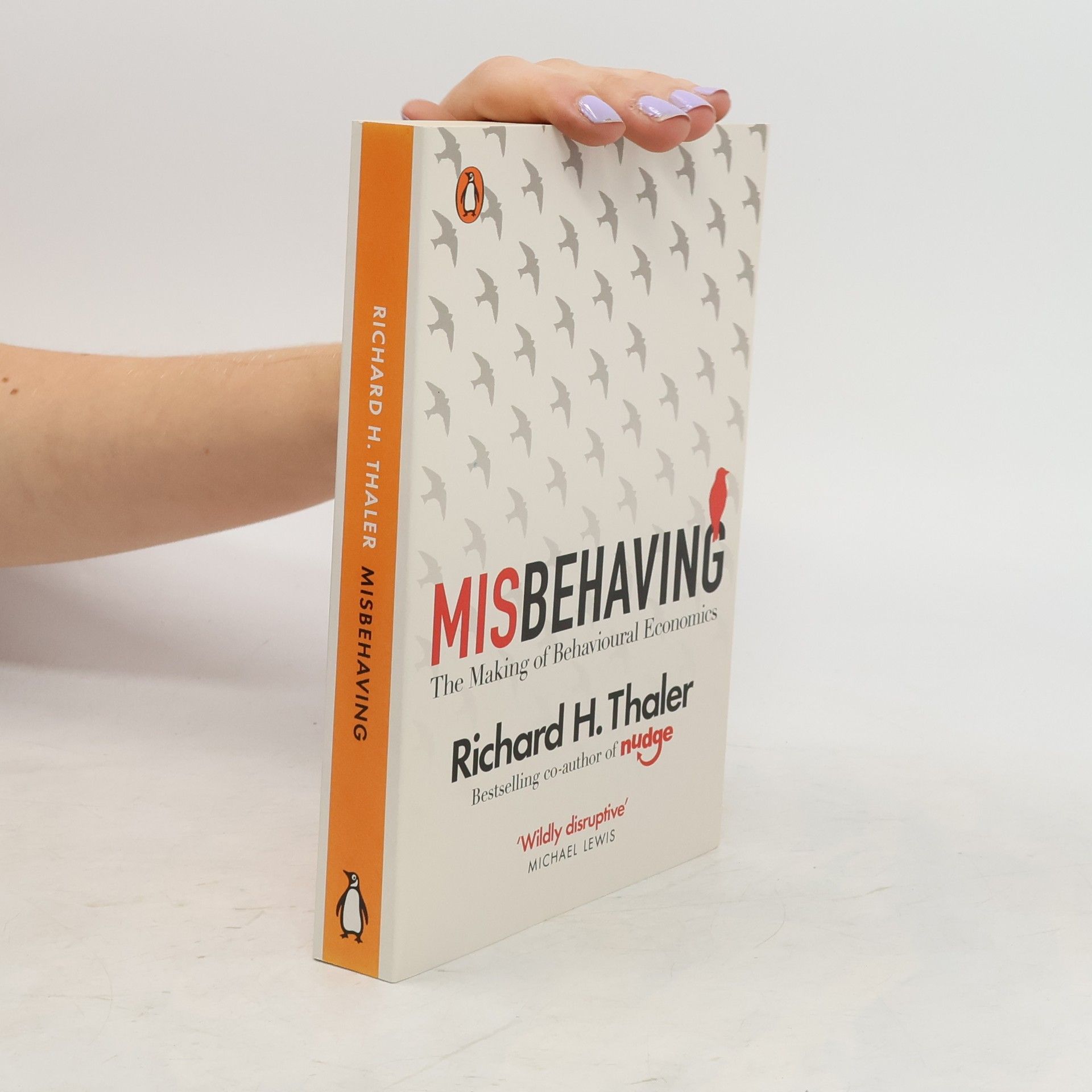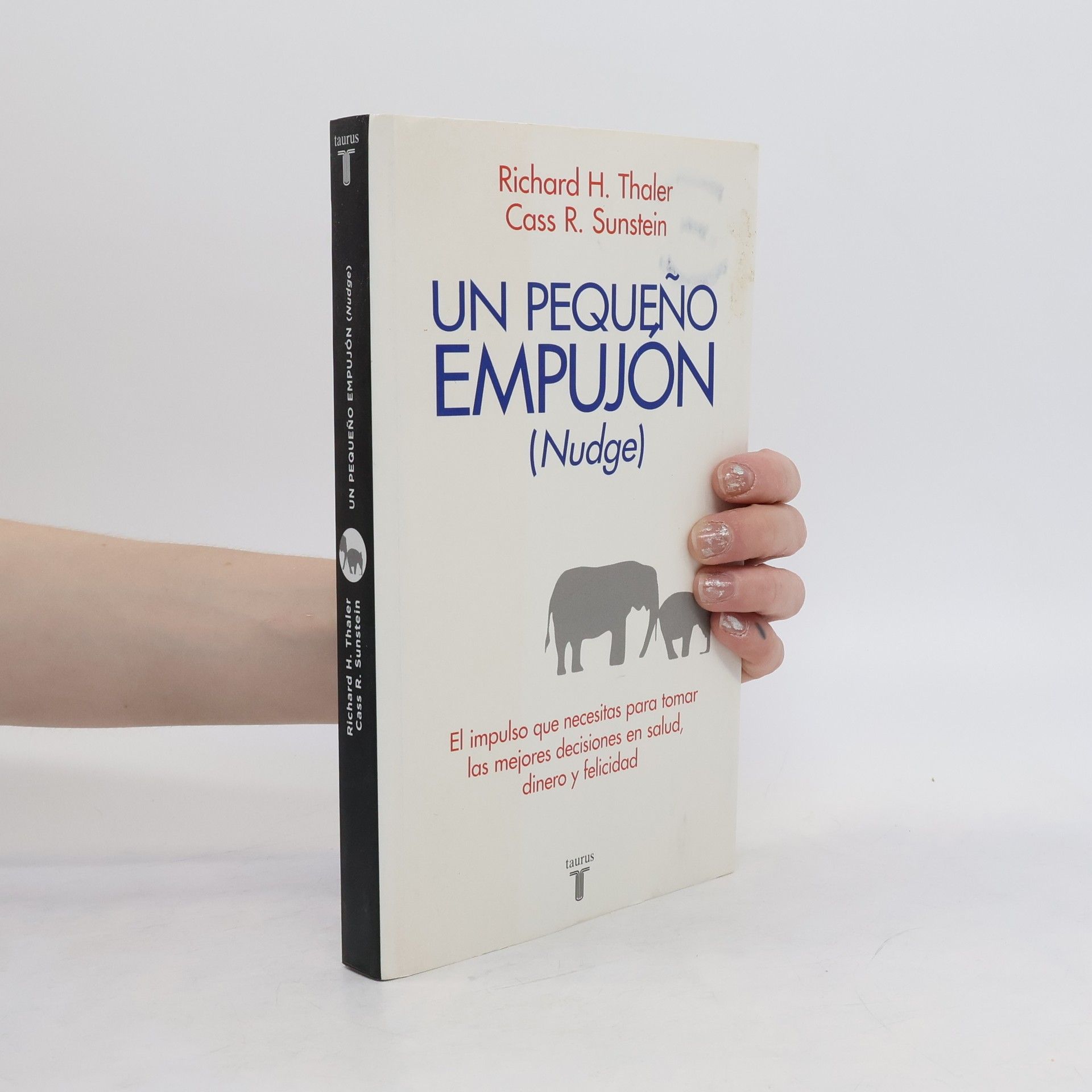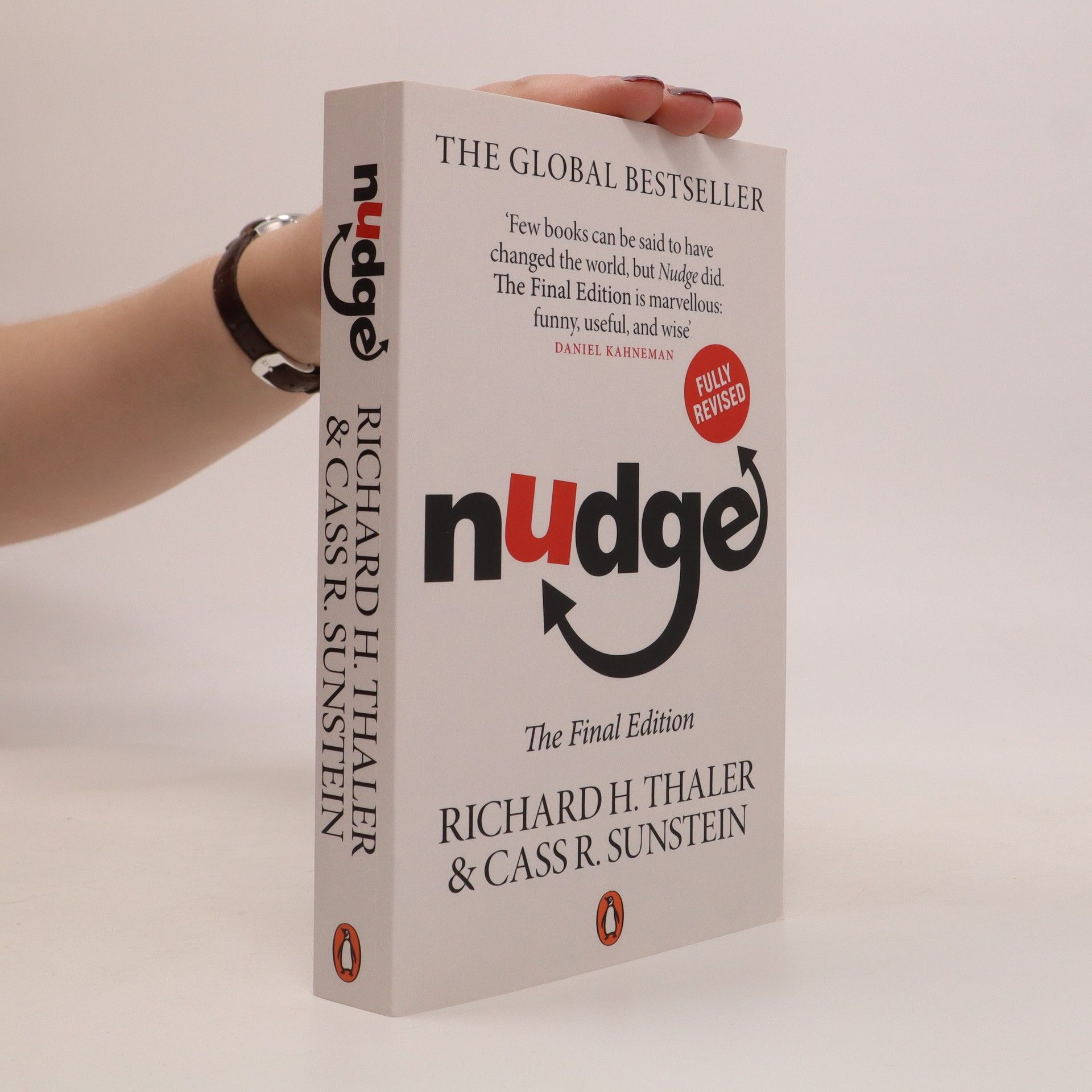Un Pequeno Empujon (Nudge)
- 332 páginas
- 12 horas de lectura
RESUMEN: Somos propensos a cometer errores. Cada día tomamos decisiones sobre temas tan vitales como la educación de nuestros hijos, nuestras inversiones, nuestra dieta o nuestras hipotecas. Desafortunadamente, muchas veces nos equivocamos. Esto se debe a que, como seres humanos, nos dejamos influir por una serie de percepciones erróneas que nos llevan al desacierto. El concepto de nudge, literalmente un pequeno empujón, sirve de base a las originales y eficaces propuestas de Thaler y Sunstein para revertir esta tendencia. Figuras de la talla de Barack Obama ya están adoptando estas medidas. Se trata de que las personas y las instituciones, tanto privadas como públicas, se esfuercen de forma consciente en orientar nuestras decisiones de modo que mejoren nuestras vidas. Impulsos leves, a menudo invisibles, para incentivarnos sin mermar nuestra libertad de elección. Citing decades of cutting-edge behavioral science research, the authors demonstrate that sensible choice architecture can successfully nudge people towards the best decisions without restricting their freedom.

